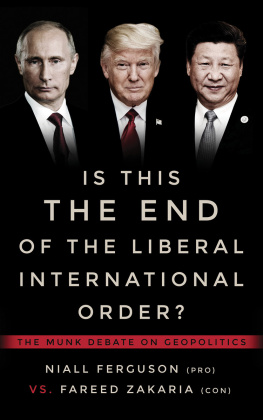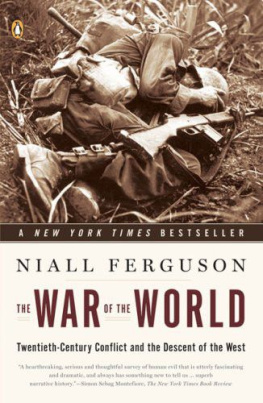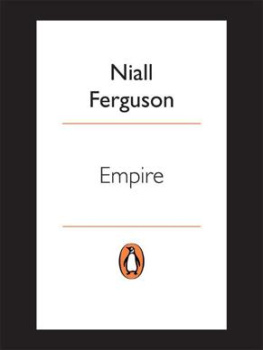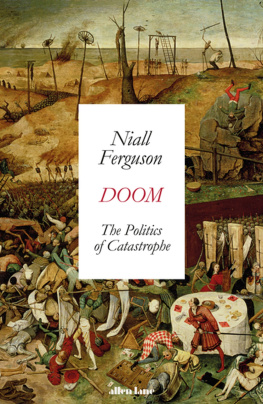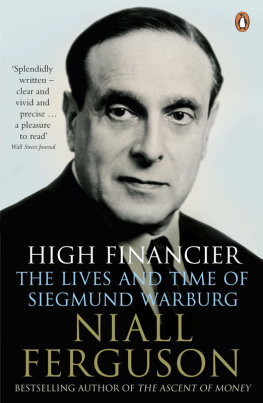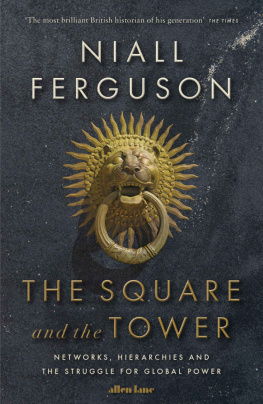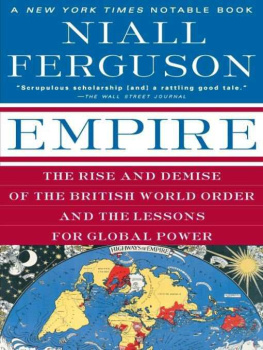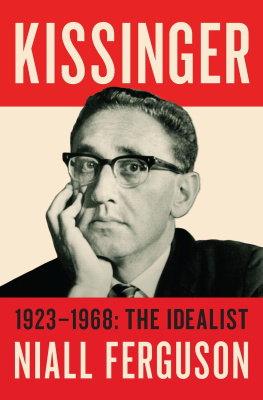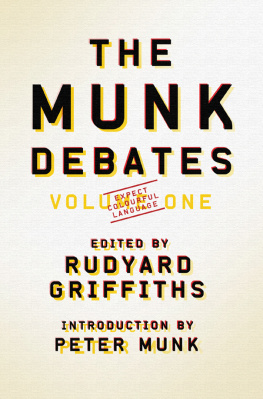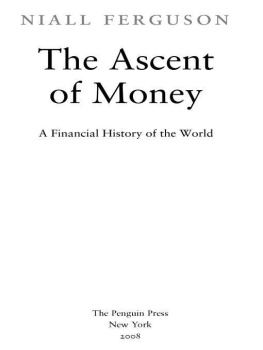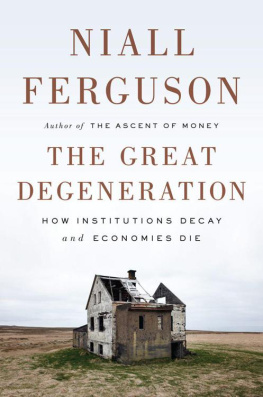A LETTER FROM PETER MUNK
Since we started the Munk Debates, my wife, Melanie, and I have been deeply gratified at how quickly they have captured the publics imagination. From the time of our first event in May 2008, we have hosted what I believe are some of the most exciting public policy debates in Canada and internationally. Global in focus, the Munk Debates have tackled a range of issues, such as humanitarian intervention, the effectiveness of foreign aid, the threat of global warming, religions impact on geopolitics, the rise of China, and the decline of Europe. These compelling topics have served as intellectual and ethical grist for some of the worlds most important thinkers and doers, from Henry Kissinger to Tony Blair, Christopher Hitchens to Paul Krugman, Peter Mandelson to Fareed Zakaria.
The issues raised at the Munk Debates have not only fostered public awareness, but they have also helped many of us become more involved and, therefore, less intimidated by the concept of globalization. It is so easy to be inward-looking. It is so easy to be xenophobic. It is so easy to be nationalistic. It is hard to go into the unknown. Globalization, for many people, is an abstract concept at best. The purpose of this debate series is to help people feel more familiar with our fast-changing world and more comfortable participating in the universal dialogue about the issues and events that will shape our collective future.
I dont need to tell you that that there are many, many burning issues. Global warming, the plight of extreme poverty, genocide, our shaky financial order: these are just a few of the critical issues that matter to people. And it seems to me, and to my foundation board members, that the quality of the public dialogue on these critical issues diminishes in direct proportion to the salience and number of these issues clamouring for our attention. By trying to highlight the most important issues at crucial moments in the global conversation, these debates not only profile the ideas and opinions of some of the worlds brightest thinkers, but they also crystallize public passion and knowledge, helping to tackle some of the challenges confronting humankind.
I have learned in life and Im sure many of you will share this view that challenges bring out the best in us. I hope youll agree that the participants in these debates challenge not only each other but also each of us to think clearly and logically about important problems facing our world.
Peter Munk
Founder, Aurea Foundation
Toronto, Ontario
Is THIS THE END OF THE LIBERAL INTERNATIONAL ORDER?
NIALL FERGUSON VS. FAREED ZAKARIA
THE MUNK DEBATE
ON GEOPOLITICS
Edited by Rudyard Griffiths
Copyright 2017 Aurea Foundation
Niall Ferguson and Fareed Zakaria in Conversation
by Rudyard Griffiths. Copyright 2017 Aurea Foundation.
All rights reserved. No part of this publication may be reproduced or transmitted in any form or by any means, electronic or mechanical, including photocopying, recording, or any information storage and retrieval system, without permission in writing from the publisher.
Distribution of this electronic edition via the Internet or any other means without the permission of the publisher is illegal. Please do not participate in electronic piracy of copyrighted material; purchase only authorized electronic editions. We appreciate your support of the authors rights.
This edition published in 2017 by
House of Anansi Press Inc.
www.houseofanansi.com
Library and Archives Canada Cataloguing in Publication
Is This the End of the Liberal International Order? : The Munk Debate
On Geopolitics / edited by Rudyard Griffiths.
(The Munk debates)
Issued in print and electronic formats.
ISBN 978-1-4870-0335-7 (softcover).ISBN 978-1-4870-0336-4
(EPUB).ISBN 978-1-4870-0337-1 (Kindle)
1. GeopoliticsForecasting. I. Ferguson, Niall, panelist
II. Zakaria, Fareed, panelist III. Griffiths, Rudyard, editor
IV. Series: Munk debates
JC319.F88 2017 320.1'2 C2017-903520-7
C2017-903521-5
Library of Congress Control Number: 2017945105
Cover design: Alysia Shewchuk
Transcription: Transcript Heroes
Cover images LR: (Vladimir Putin) www.kremlin.ru/Wikimedia Commons; (Donald Trump) U.S. Air Force Staff Sgt. Jette Carr/Wikimedia Commons; (Xi Jinping) Narendra Modi/Wikimedia Commons
We acknowledge for their financial support of our publishing program the Canada Council for the Arts, the Ontario Arts Council, and the Government of Canada through the Canada Book Fund.
Contents
Is This the End of the Liberal International Order?
Pro: Niall Ferguson
Con: Fareed Zakaria
April 28, 2017
Toronto, Ontario
IS THIS THE END OF THE LIBERAL INTERNATIONAL ORDER?
RUDYARD GRIFFITHS: My name is Rudyard Griffiths, and its my privilege to once again serve as your moderator. I want to start tonights proceedings by welcoming the North Americawide television audience tuning in to this debate right now on C-SPAN, across the continental United States, and on CPAC, from coast to coast to coast in Canada.
A warm hello also to our online audience watching this debate live, right now, on Facebook Live, our exclusive social media partner, and on Bloomberg.com, courtesy of Bloomberg Media. Its great to have you as virtual participants in tonights proceedings. And hello to you, the over three thousand people who have filled Roy Thomson Hall to capacity for yet another Munk Debate. This is just great to see again.
This evening marks a milestone in this debate series. This is our twentieth semi-annual contest, and our ability, debate after debate, to bring you what we think are some of the brightest minds, the sharpest thinkers on the big global issues of our time, would not be possible without the generosity and the public-spiritedness of our hosts tonight. Ladies and gentlemen, an appreciation of Peter and Melanie Munk and the Aurea Foundation. Thank you both. Well done.
As I mentioned, this is a special occasion for us, our twentieth debate. So, for only the second time in the history of this series, were convening a one-on-one contest. Our topic is the key geopolitical question of the moment: Can the process of globalization, both economic and political, that has defined the international system since the end of World War II, survive an era of rising nationalism, protectionism, and populism?
To find out, lets get our two debaters out here, centre stage, to square off on the resolution, Be it resolved: the liberal international order is over. Ladies and gentlemen, please welcome your debater arguing for tonights motion the renowned historian, filmmaker, and bestselling author, Niall Ferguson.
Nialls opponent tonight, arguing against the motion, Be it resolved: the liberal international order is over, is CNN anchor, celebrated author, and big geopolitical thinker Fareed Zakaria.
Gentlemen, thank you for being here. This is going to be an exciting debate, and I just want to run through a few, quick, pre-debate items with you. First, for those of you watching online, those of you in the audience, and Fareed and Niall, if you wish, there is a hashtag #Munkdebate so you can all be part of the conversation. Also, weve got a rolling poll going. You can analyze, comment, and judge our debaters performance throughout the debate at www.munkdebates.com/vote. And weve also got our trusty countdown clock, a key piece of the success of these debates. This clock is going to count down to zero for each of the different segments of the debate. And when you see it count down, join me in a round of applause. That will keep our debate on time and our debaters on their toes.



